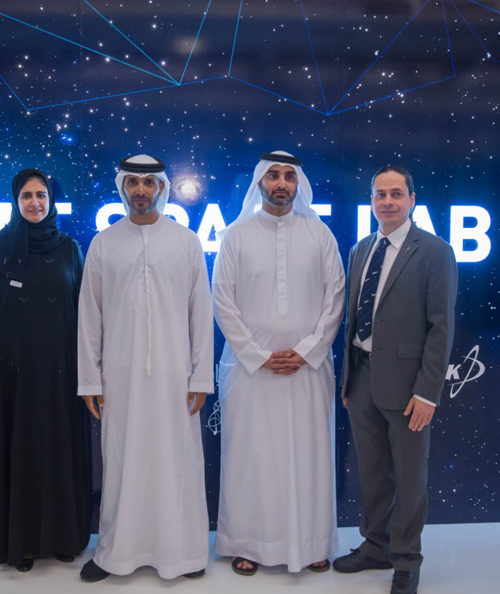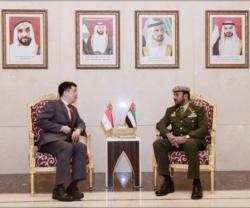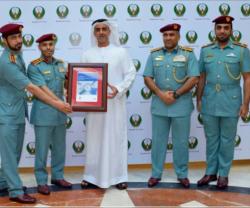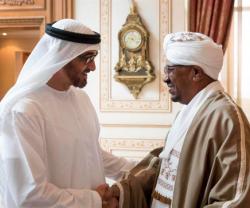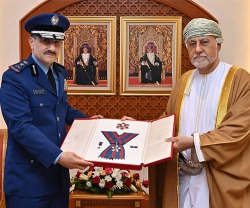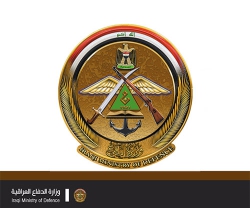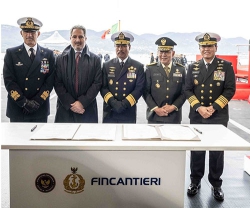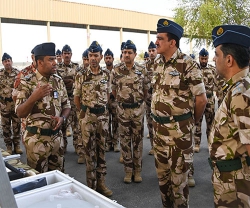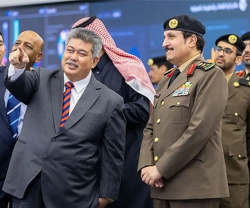The Masdar Institute of Science and Technology, a part of the newly-established Khalifa University of Science and Technology, and Al Yahsat Satellite Communications Company (Yahsat), have announced the launch of the Yahsat Space Laboratory.
Launched by officials from Masdar Institute, Yahsat and Orbital ATK, the lab responds to the UAE leadership’s call to develop and advance technologies within the space sector and to make continuing strides toward the UAE’s advanced space ambitions.
The new lab has been designed to provide students and faculty of the Masdar Institute Master’s concentration in space systems and technology with the facilities required to construct, test and launch miniature satellite CubeSats.
The high-tech research facilities within the lab will support the development of intellectual capital required to advance the space and aerospace sectors. The lab will also serve as a platform for future research in space technologies, allowing the UAE Space Agency to work with the Institute and other partners on collaborative projects that facilitate the advancement of the local space sector.
Masood. M. Sharif Mahmood, Chief Executive Officer at Yahsat, said: “We are deeply honored to be launching the Yahsat Space Laboratory at the Masdar Institute campus today, a facility that is dedicated for advanced research and enabling students to develop CubeSats. At Yahsat, we strongly believe that by complementing educational programs with state-of-the-art facilities for learning and development, we can provide best quality education to the youth, right here in the UAE. We would also like to thank Masdar Institute and Orbital ATK for their cooperation and support in making this laboratory a reality.”
Dr. Behjat Al Yousuf, Interim Provost, Masdar Institute, said: “The inauguration of the Yahsat Space Laboratory is a momentous occasion not only for our university, but also for the UAE’s space ambitions. The country has a goal of sending an unmanned space probe to Mars by 2021, which will require the development of a new generation of engineers and innovators. I am confident the new Yahsat Space Lab, in conjunction with university’s space concentration, will play a significant role in training the experts needed for this ambitious objective.”
The Yahsat Space Laboratory will be led by Masdar Institute faculty Dr. Saif Almheiri, Assistant Professor of Mechanical and Materials Engineering, and Dr. Prashanth Marpu, Assistant Professor of Chemical and Environmental Engineering. They will head the development of CubeSats designed collaboratively by MI, Yahsat and Orbital ATK. Each CubeSat will be built with different payloads, such as cameras, sensors and scientific equipment. MYSAT-1 is the program’s first satellite, design of which began with the first cohort of students from the space concentration in August 2015. It has been built with a camera and will also test a novel lithium-ion battery designed and developed at Masdar Institute.
“We are proud to be part of this innovative collaboration with Yahsat and Masdar Institute. For the past two years our subject matter experts have worked with the students and faculty of Masdar Institute and we have been very impressed with the enthusiasm and capabilities they have brought to the program. With the opening of the Yahsat Space Laboratory we look forward to the next phase of the program that will culminate with the launching of the MYSAT-1 CubeSat,” said Frank Culbertson, President of Orbital ATK's Space Systems Group.
The lab also stands as an example of industry-academic collaboration to enable knowledge transfer in pursuit of home-grown expertise in advanced technologies. As per the collaboration agreement between MI and Yahsat, the satellite company provides expert guidance and opportunities for MI’s space concentration students. Orbital ATK serves as the ‘subject matter expert’, providing testing facilities and facilitating the launch of miniature satellites developed through the program.
The Master’s space concentration was developed to foster the advanced research areas in space science and technology needed to support the UAE national space program and space-related industries with human resources, technical advancements and infrastructure.

